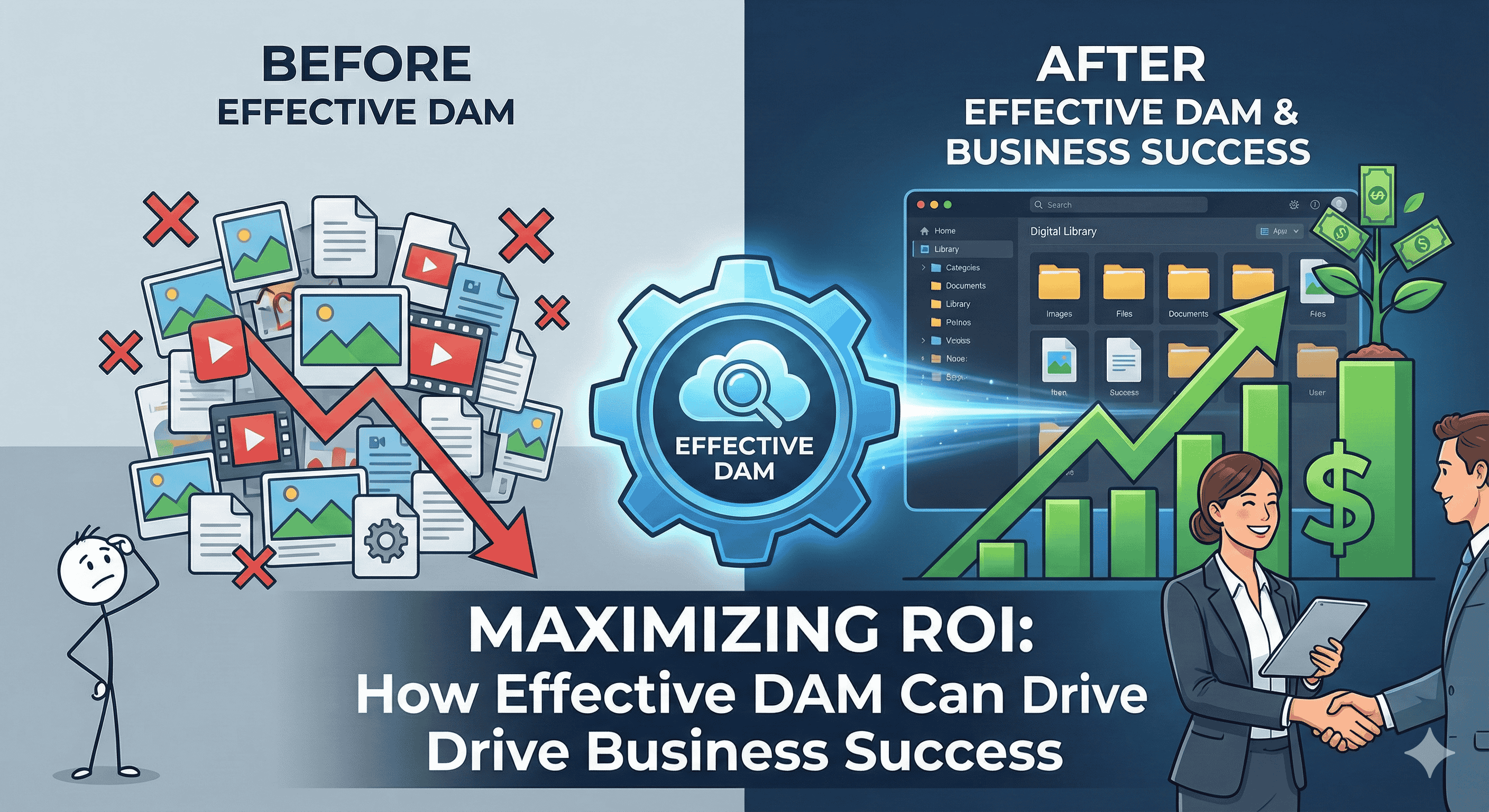In the ever-evolving digital landscape, search engine optimization (SEO) remains a cornerstone of successful marketing strategies. As businesses vie for attention online, understanding which SEO tools provide the best return on investment (ROI) can make all the difference. In this article, we compare some of the leading SEO tools, highlight their unique features, and explore how they can drive ROI for marketers.
The Importance of ROI in SEO
ROI is a key metric for evaluating the effectiveness of marketing strategies, including SEO. With salaries, tool subscriptions, and campaigns to account for, understanding the financial impact of SEO investments is critical. A tool that enhances visibility, improves rankings, or boosts organic traffic can yield substantial returns when analyzed correctly.
Key SEO Tools to Consider
Here are some of the most popular SEO tools in the market today:
1. Ahrefs
Overview: Ahrefs is a comprehensive SEO toolkit that excels in backlink analysis, keyword research, and competitor analysis.
Strengths:
- Backlink Analysis: Ahrefs boasts one of the largest backlink databases, allowing marketers to analyze competitors and refine their own link-building strategies.
- Site Audit: The tool provides in-depth site audits that identify technical SEO issues.
ROI Potential: The ability to uncover valuable backlink opportunities can significantly enhance a website’s authority and search rankings.
2. SEMrush
Overview: SEMrush is an all-in-one marketing toolkit that integrates SEO, PPC, and social media management.
Strengths:
- Keyword Research: SEMrush offers powerful keyword research tools that help marketers find lucrative keywords and monitor their performance.
- Competitive Insights: The competitor analysis feature allows marketers to understand what works for others and adapt strategies accordingly.
ROI Potential: By optimizing campaigns based on competitor data, marketers can reduce costs and increase conversions.
3. Moz Pro
Overview: Moz Pro is popular among beginners and seasoned professionals alike, with intuitive features geared toward improving SEO.
Strengths:
- Domain Authority Metrics: Moz’s unique scoring system helps in gauging a site’s performance relative to peers.
- On-Page Optimization Tools: Moz provides actionable recommendations for on-page improvements.
ROI Potential: The focus on improving site authority can lead to enhanced organic visibility and traffic.
4. Google Analytics
Overview: While not a dedicated SEO tool per se, Google Analytics is essential for measuring performance and generating insights.
Strengths:
- Traffic Tracking: It provides comprehensive reports on website traffic, user behavior, and conversion metrics.
- Goal Setting: Marketers can set specific objectives to gauge the effectiveness of their SEO efforts.
ROI Potential: By tying SEO efforts to conversion data, marketers can better assess the financial impact of their campaigns.
5. Rank Math
Overview: A relatively newer tool, Rank Math is a WordPress SEO plugin that offers a suite of features at a competitive price.
Strengths:
- User-Friendly Interface: Its intuitive dashboard makes SEO accessible for even the most novice users.
- Rich Snippets Support: Rank Math facilitates enhanced search results with rich snippets.
ROI Potential: The ease of use allows marketers to implement effective strategies quickly, leading to improved results without extensive training.
Evaluating ROI: Metrics that Matter
When assessing the ROI from SEO tools, consider the following metrics:
- Increased Organic Traffic: Evaluate the growth in organic visitors resulting from SEO efforts.
- Conversion Rates: Track how improved search visibility leads to increased leads or sales.
- Cost Savings: Assess any reductions in paid advertising costs due to improved organic reach.
Conclusion: Choosing the Right Tool for Your Needs
Selecting the best SEO tool depends on individual business needs, budgets, and goals. While comprehensive tools like Ahrefs and SEMrush offer extensive features, options like Google Analytics and Rank Math provide both affordability and effectiveness, especially for smaller businesses.
Ultimately, the best ROI comes from a thoughtful approach—understanding how to leverage these tools to create data-driven strategies, improve a site’s visibility, and drive conversions. As technology advances, staying updated on trends and tools will ensure your marketing strategies remain robust and effective.








